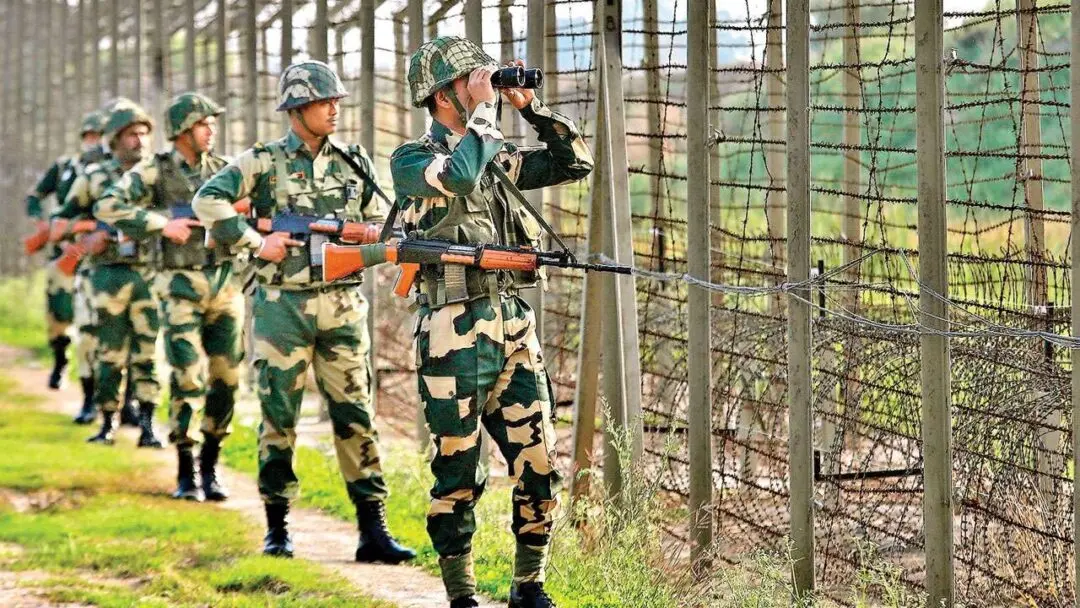This kind of treatment of BSF shows that border security is not a priority. This must change

Large number of troops are withdrawn from their primary task of border guarding for other tasks such as elections. Their utilisation for such duties needs rationalisation and should be restricted.
In a surprise move the Government of India removed both the Director General of the Border Security Force as well as the Special Director General of BSF in charge of Western frontiers on 2 August. Although there was no official word, the sudden removals were linked to an alleged spurt in infiltration from the Jammu Sector and northern parts of the border with Pakistan, along Punjab.

Sacking them on the eve of the trouble brewing on our east and its implication for the security of the long porous borders with Bangladesh is symptomatic of the low priority accorded to borders in our security architecture.
The militancy in Punjab and Jammu & Kashmir, besides several insurgencies that India has had to deal with in the past, make it amply clear that internal security is inextricably linked with border security. The Pakistanis had exploited the open borders in the west to send militants and provide logistical support to Khalistani separatists and Kashmiri militants. In order to prevent militants from exploiting the open borders, the then government initiated a Punjab Action Plan (PAP) in the mid-1980s. The plan had several components including enhancing the strength of the BSF, inducting technology for border guarding, as also constructing a fence along the border with Pakistan in Punjab.
It is now almost forty years since the plan was initiated and the fence has been incrementally strengthened to enhance its obstacle value by way of floodlighting and adding alarm systems. This has compelled the militants to adopt innovative methods to infiltrate. They are now resorting to digging tunnels to cross over and using drones to send logistics i.e. arms, ammunition and finances.
The first tunnel in a border area in Punjab was detected in the 1990s. However, we have so far not been able to find and induct an effective technology to assist the troops in detecting tunnels. A couple of Drone Mounted Ground Penetration Radars have been inducted. More such devices are required to be inducted to cover the entire border of over 3300 km with Pakistan and almost 4100 km border with Bangladesh. Tunnels have been detected either through visual observation by the troops or have been accidental finds by the farmers working in their fields. BSF has adopted measures like special Tunnel Detection Patrols, extensive coordination with farmers whose land is on the home side of the fence, and intelligence operations in order to detect and neutralise these tunnels. While these measures are essential, they are time-consuming and prone to human error. Hence, technological intervention to detect tunnels is essential. Ironically, this has not happened despite several tunnels being detected. It is a reflection of our priorities that the country has not been able to develop such technology in spite of India boasting of prominent mining institutes.



Leave a Reply